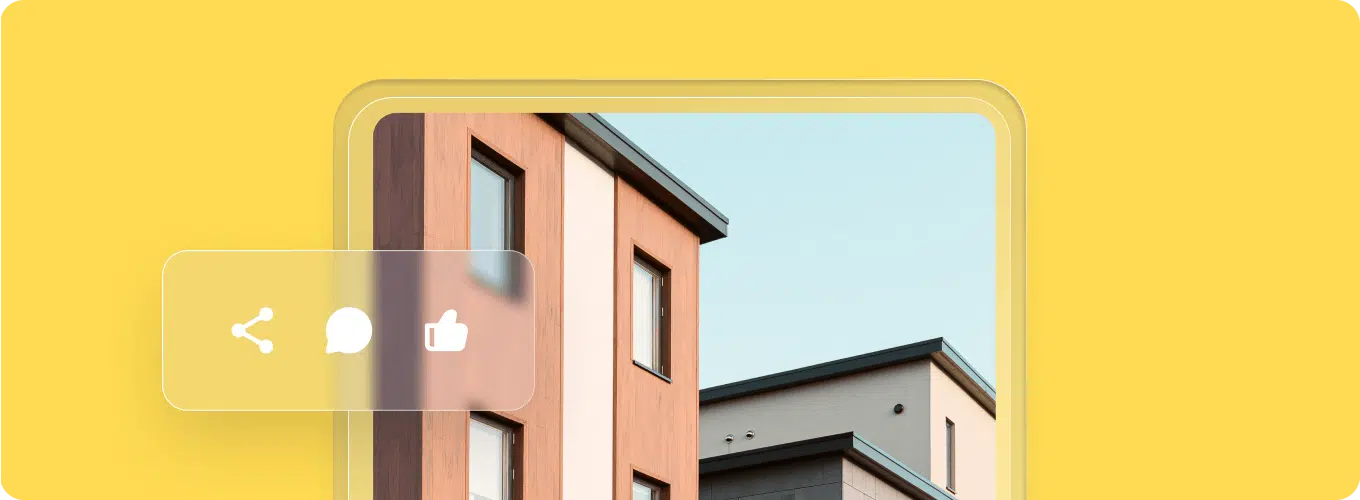The vacation rental sector has seen huge levels of competition in recent years, and finding new ways to market your property has never been more critical.
One of the new frontiers for property managers and businesses is Virtual Reality (VR). This growing market offers spectacular marketing results and can enhance the guest experience both before and during the stay.
The Uses for VR in Vacation Rentals
VR is largely associated with video games and the entertainment space, but the technology offers so much potential for other industries, including real estate. For example, property tours can be time-consuming when carried out the traditional way, especially if someone wants to see a distant property.
VR technology removes these barriers, allowing millions of people to visit a property virtually without ever needing to leave their homes. It’s an immersive experience that can help people see multiple properties in various locations in a matter of minutes. A 3D virtual tour is an engaging way to show off a built space. 3D Walkabout explains that ‘Usually [3D Virtual Tours] are used to help market a residential property, but increasingly they are used […] as a way for their customers or potential customers to view their premise online. 3D virtual tours usually run in any browser and work across all devices.”
It assists property managers in increasing bookings, giving prospects the chance to virtually move through the home to help them make a more informed decision between properties. VR can also be used to virtually stage a property that’s empty, giving the illusion of a cozy, atmospheric space even when it’s incomplete, so you can get bookings straight away even while you’re in the process of preparing a property for rent.
Virtual Reality isn’t just beneficial during the marketing stage. It can also be used once the guest is in the property to enhance their experience even further. For example, VR can be deployed to instruct tenants how to use property amenities without them needing to get in touch with you every time they want to alter the thermostat or use the smart features of your home. Or maybe you want to inform guests of the activities and attractions in the local area – VR can provide a more engaging way to relay this information without you needing to do so personally with every booking.
You could also include VR within your list of amenities, allowing guests to continue their exercise schedule with a virtual workout or to visit a local attraction on days when the weather won’t allow it in person. It’s a way of differentiating your property from the competition and could even help you achieve higher rental yields.
The Benefits of VR Technology
Among other short-term rental tools and software available, vacation rental owners can benefit from implementing VR technology in several ways. Compared to marketing a property through static images, VR walkthroughs and tours are far more immersive and exciting for the customer. VR technology can help attract a larger number of bookings without increasing advertising costs or the time needed to market the property.
VR technology helps property owners stay ahead of the competition, and as the vacation rental market becomes more saturated, this becomes an increasingly important task. 3D rendering and virtual reality tours provide a compelling, animated view of the property and can enhance your marketing efforts considerably, so you win over the competition in every way.
Bear in mind that people are also trying to book a vacation in between busy schedules, so providing convenience for them makes you a more appealing option. The more information you can give a customer, the better, and VR can help. You’re allowing a customer to virtually explore the whole property, inside and out, to see whether it’s right for them, so they have a stronger sense of what it is they’re booking compared to static images.
Final Thoughts
Virtual Reality technology is transforming the vacation rental space, and it’s only going to grow as the technology evolves and becomes more sophisticated. For property managers looking to market their properties in the best possible way, using VR is impactful. It helps create that emotional connection, allowing propsects to imagine themselves on the property and helping them get excited about their vacation.
From searching for the ideal rental to enhancing their experience once they’re on vacation, VR has the potential to improve every stage of the booking process.




